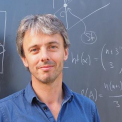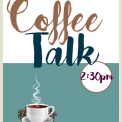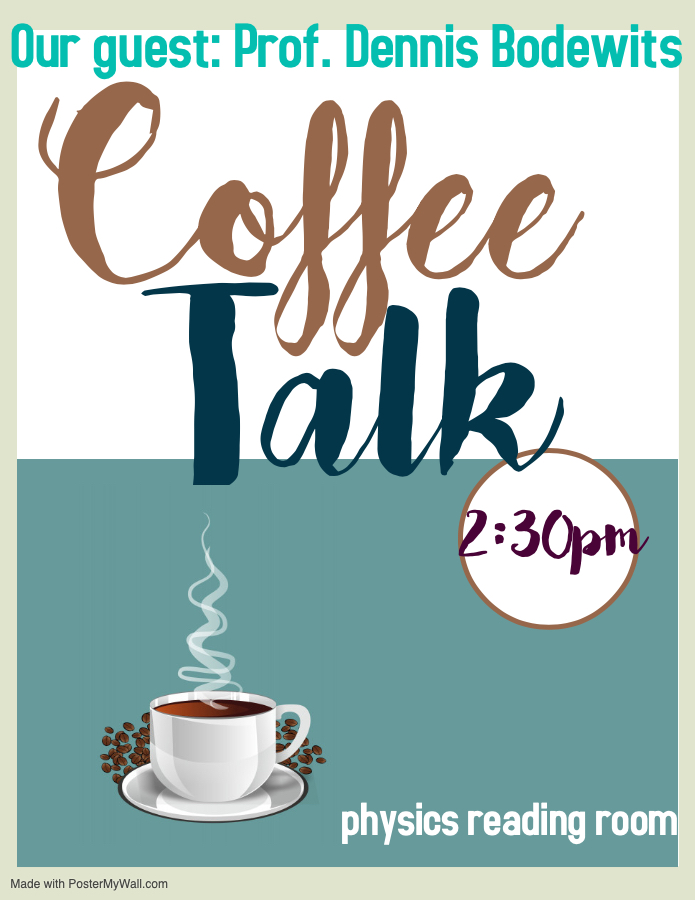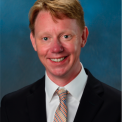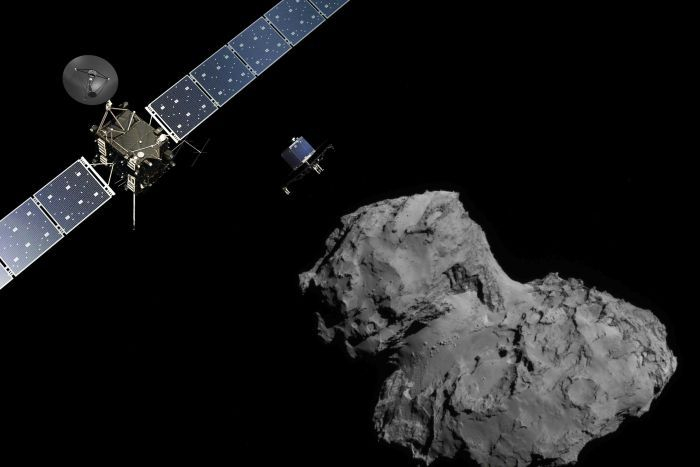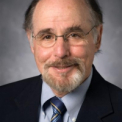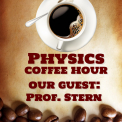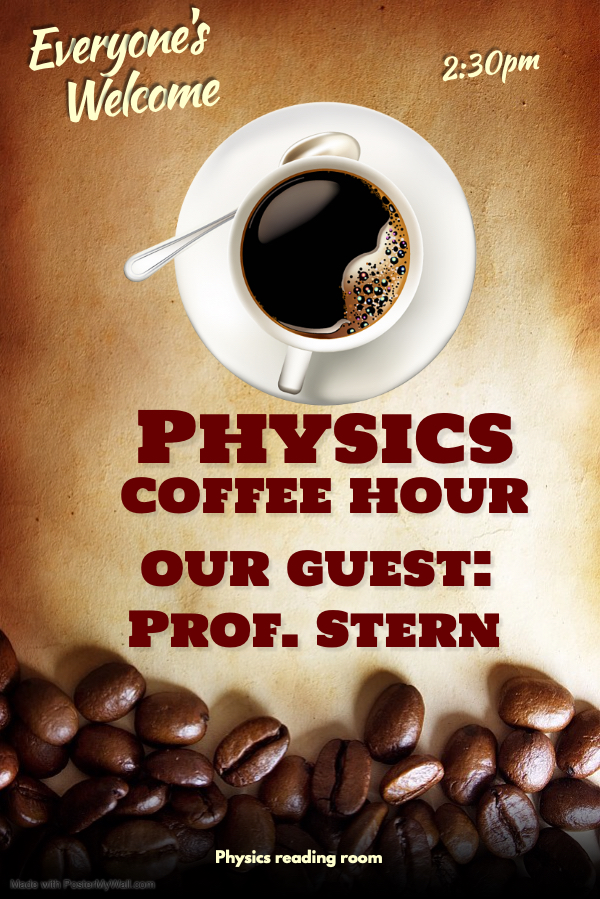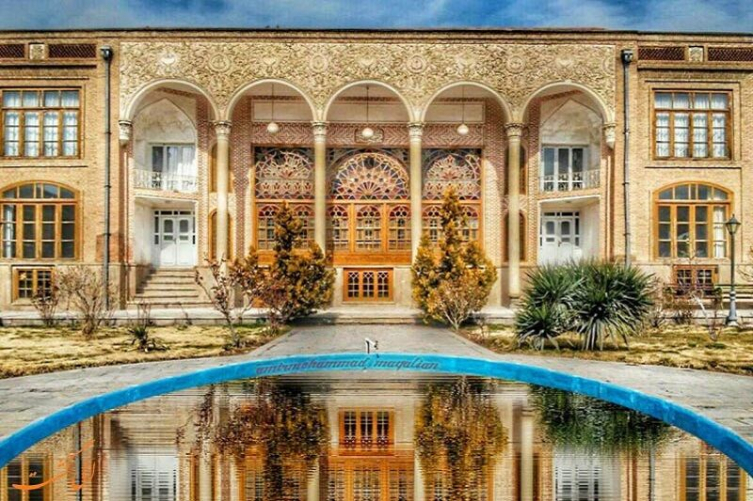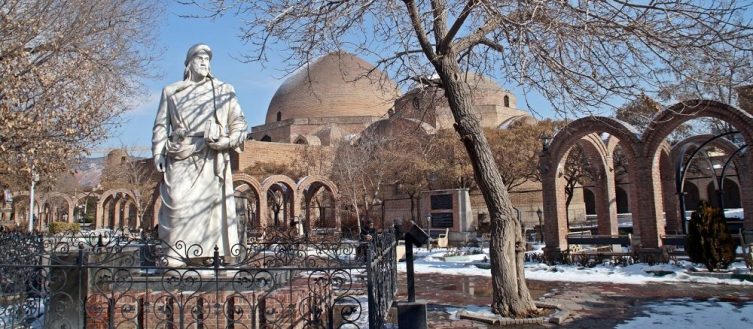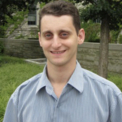The 25th Annual Cantrell Lecture Series
This lecture series will focus on representation theory, from its origins in the study of finite groups by Frobenius in the final years of the 19th century, through to recent problems and questions. A theme throughout is the recurring presence of geometry in what at first appears an algebraic subject. The first lecture will be largely historical, and will provide a potted history of the subject up until the 1970s.
The 2019 Cantrell Lecture Speaker will be Professor Geordie Williamson of the University of Sydney.
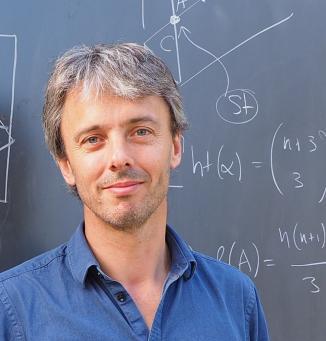 Professor Williamson is one of the world's foremost experts in geometric representation theory. His counterexamples to the Lusztig conjecture have led to new and exciting research in the area of modular representation theory, in which he is one of the leaders. Another of his major accomplishments involves joint work with Ben Elias which settled a long-standing conjecture about positivity of Kazhdan-Lusztig polynomials for arbitrary Coxeter groups. Professor Williamson was awarded the Chevalley prize of the AMS (2016), a Clay Research Award (2016), the EMS prize (2016), the New Horizons in Mathematics prize (2017), and was elected a Fellow of the Royal Society (2018).
Professor Williamson is one of the world's foremost experts in geometric representation theory. His counterexamples to the Lusztig conjecture have led to new and exciting research in the area of modular representation theory, in which he is one of the leaders. Another of his major accomplishments involves joint work with Ben Elias which settled a long-standing conjecture about positivity of Kazhdan-Lusztig polynomials for arbitrary Coxeter groups. Professor Williamson was awarded the Chevalley prize of the AMS (2016), a Clay Research Award (2016), the EMS prize (2016), the New Horizons in Mathematics prize (2017), and was elected a Fellow of the Royal Society (2018).
Refreshments will be served at 3:00pm in the Physics Lobby.


